A mental health ambulance is to be trialled in Fife to help deal with an increasing number of emergency crisis calls.
The “groundbreaking” approach will see a fully-equipped triage car staffed by a paramedic and a mental health nurse deployed in Levenmouth for six months.
It follows police concerns about the high number of non-criminal mental health calls they receive in the area.
The aim is to provide a quick response for people in despair while also freeing up police to deal with crime.
It could also cut unnecessary trips to A&E at Victoria Hospital in Kirkcaldy.
More than 80% of calls to the police involve mental health, addiction, self harm or attempted suicide.
Levenmouth community inspector Matt Spencer said: “The pandemic has undoubtedly had an impact on mental health in Levenmouth.
“Cause for concern calls continue to increase and have become a massive part of the
police day to day work.”
Better use of of police and NHS resources
The trial is expected to cost almost £92,000, with the money coming from Fife Council’s £10 million community recovery fund.
The fund launched last year to help the region deal with the cost-of-living crisis.
So far it has helped in the setting up of warm places and food provision.
But Councillor Colin Davidson, who chairs Fife Council’s Levenmouth area committee, said: “The mental health triage car is going to be groundbreaking.
“At the moment, if police officers are called to an incident involving mental health they have to take the person to Victoria Hospital.
“That’s happening on average 17 times a month and can result in two officers spending half a shift in A&E.
“It’s not a good use of police or NHS resources.
“This vehicle will allow the right staff to go out and assess the situation and make an informed decision.
“And it will help people get the assistance they need.”
How the new mental health service will work
Suicide rates in areas of deprivation, which include Levenmouth, are three times higher than in other areas.
A report to go before the area committee on Wednesday, says: “It is believed only one in five calls to Police Scotland are related to crime.”
Calls will come in through the ambulance service.
The triage car will then attend and staff will assess the risk to themselves or others.
They will then either de-escalate the situation and, if appropriate, refer the person to mental health services.
Or they will arrange transportation to the correct service for a medical review and possible admission.
The service will run on Fridays, Saturdays and Sundays from 8pm to 6am, the most intense period for mental health crisis calls.
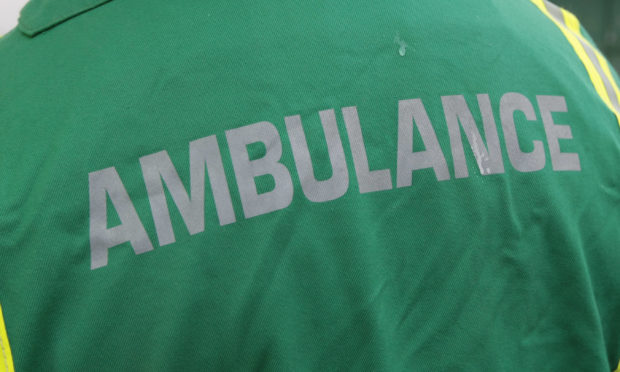
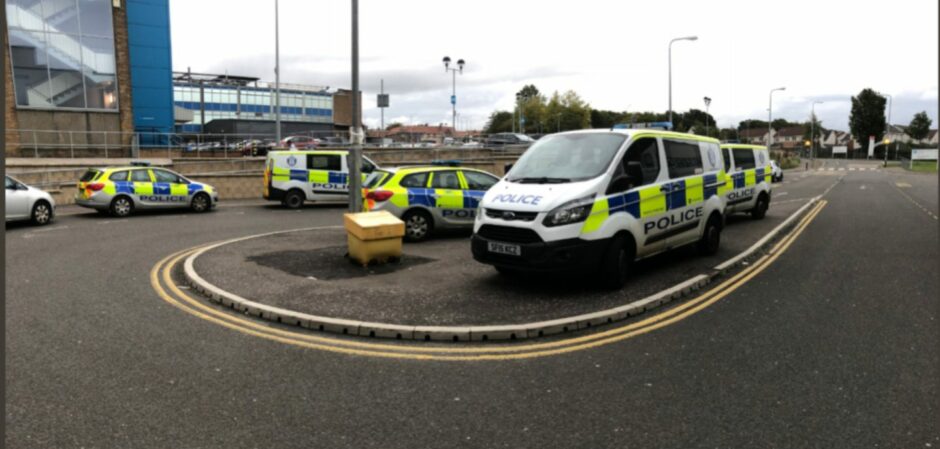
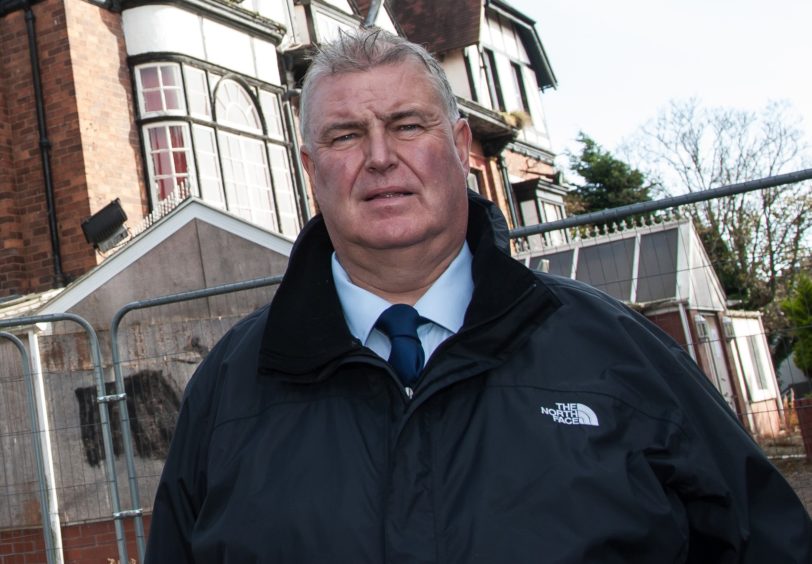
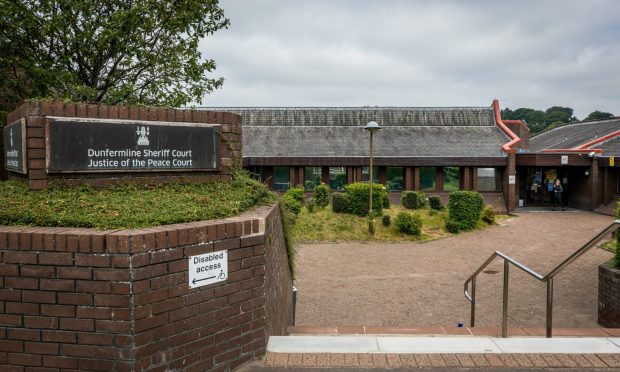

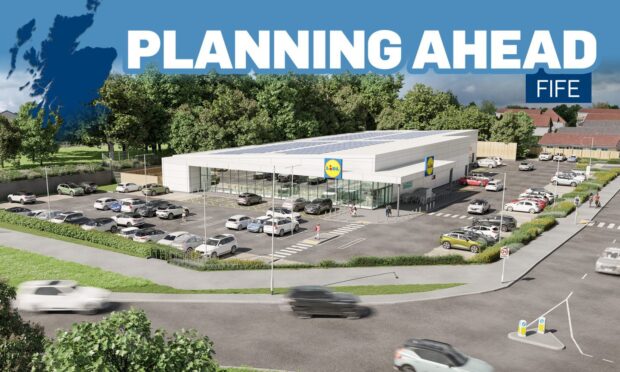
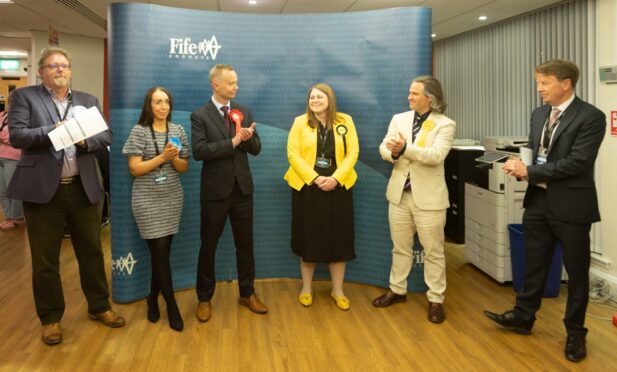
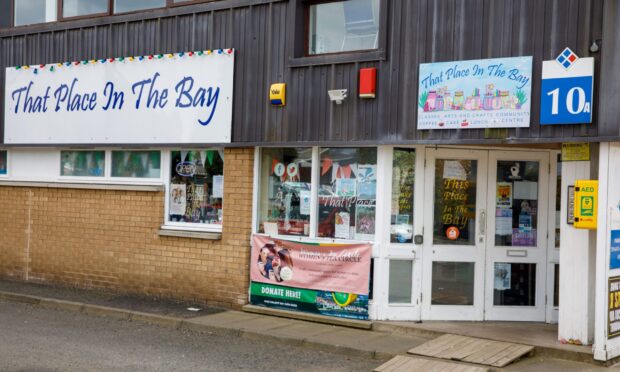
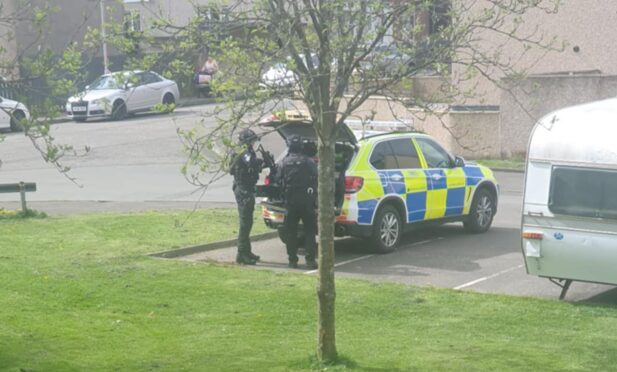
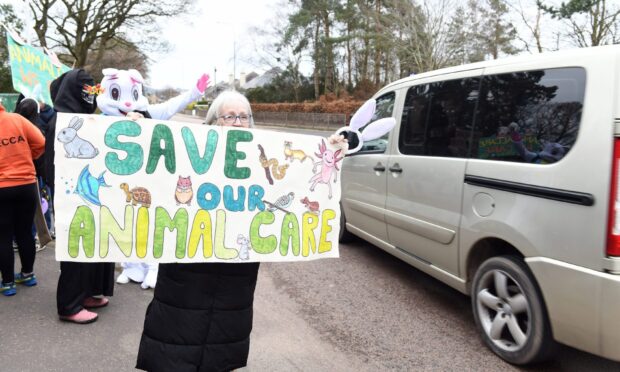
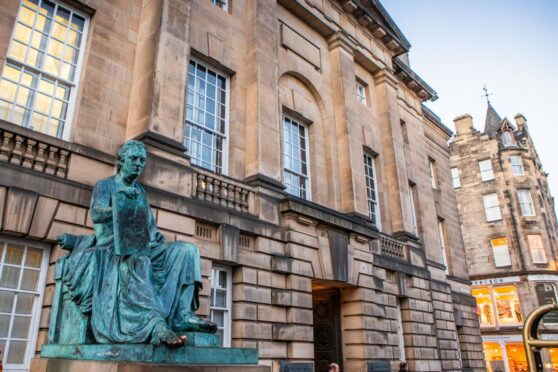
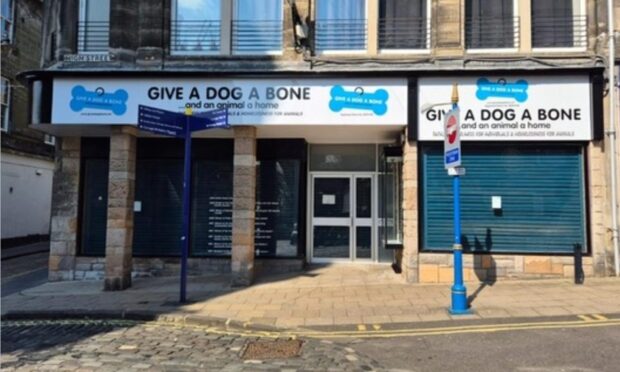
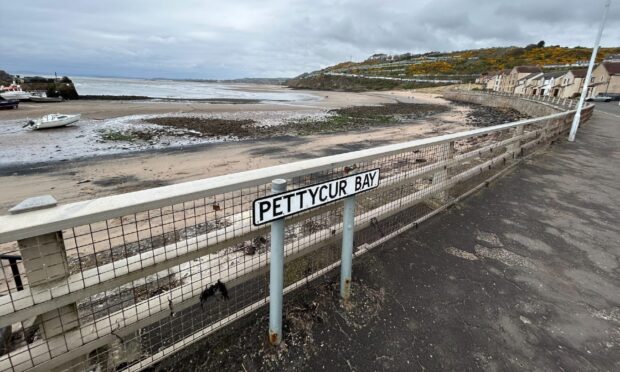
Conversation